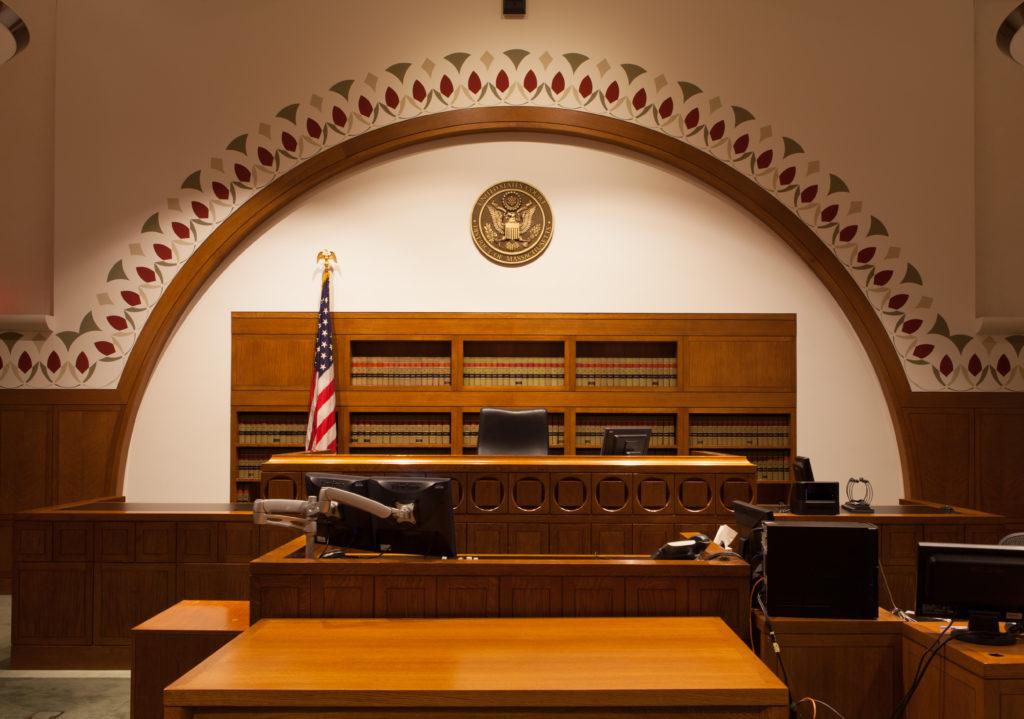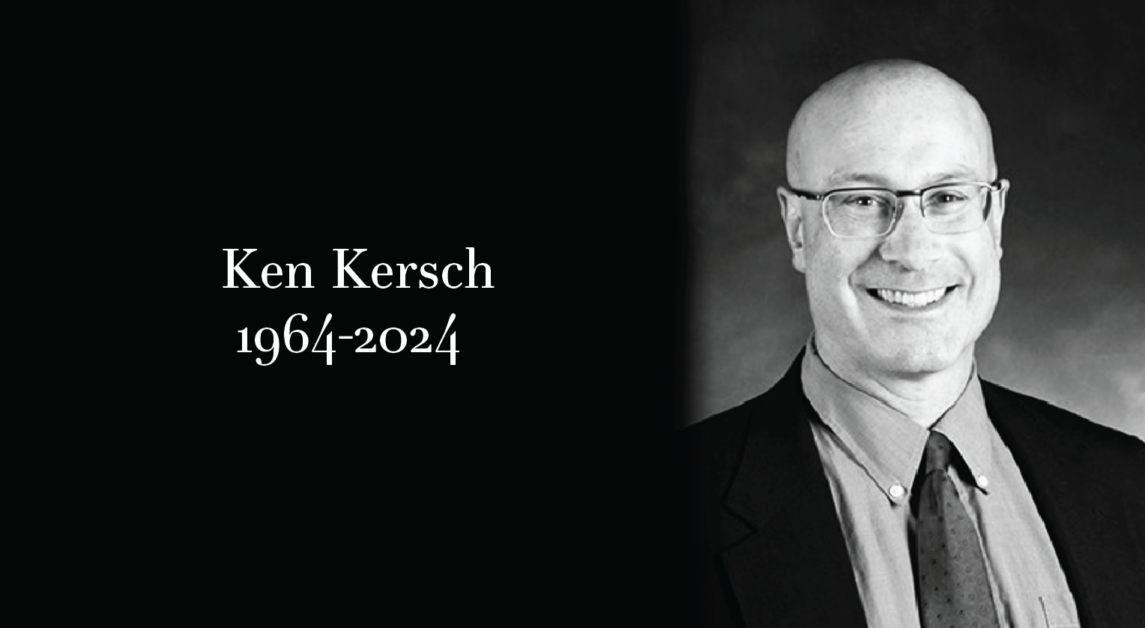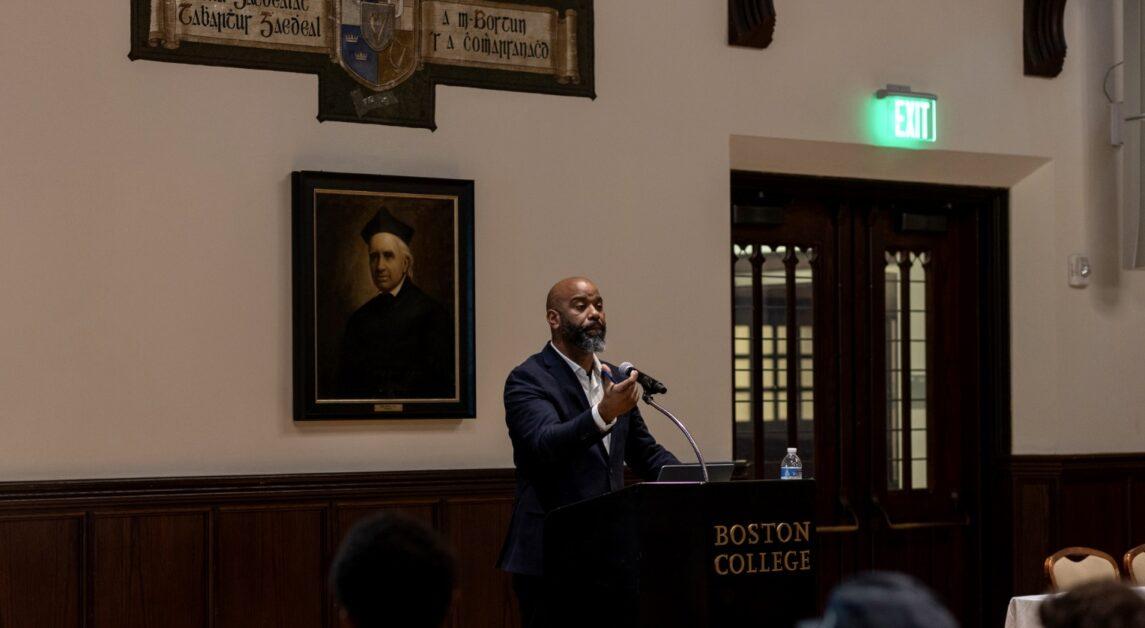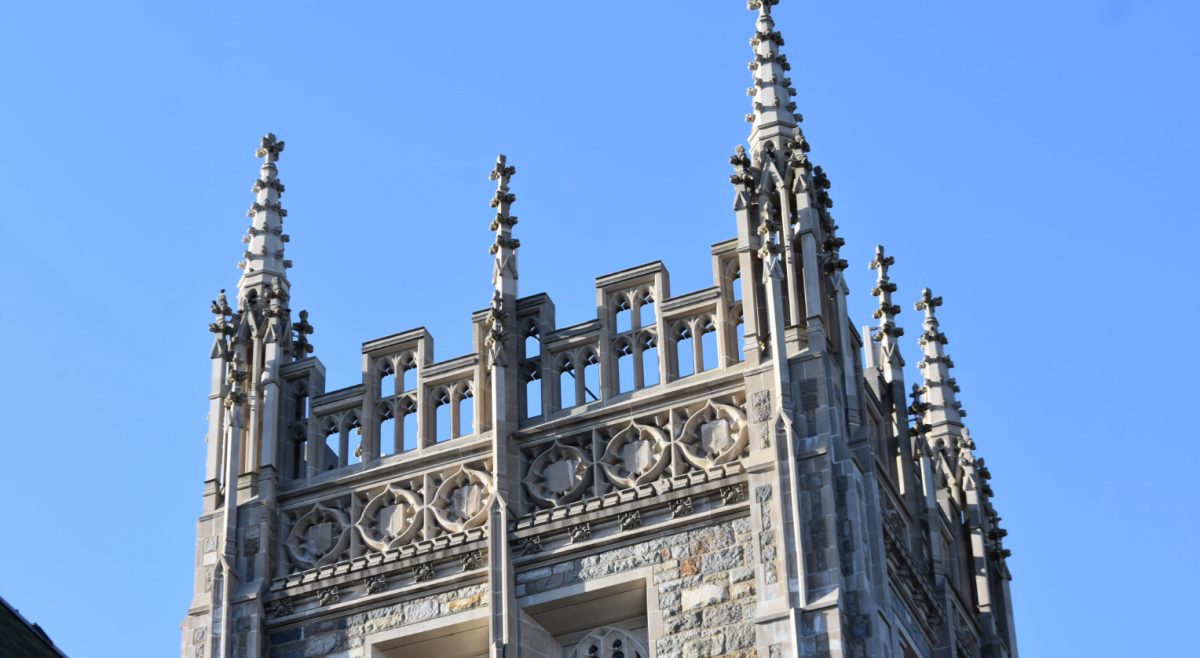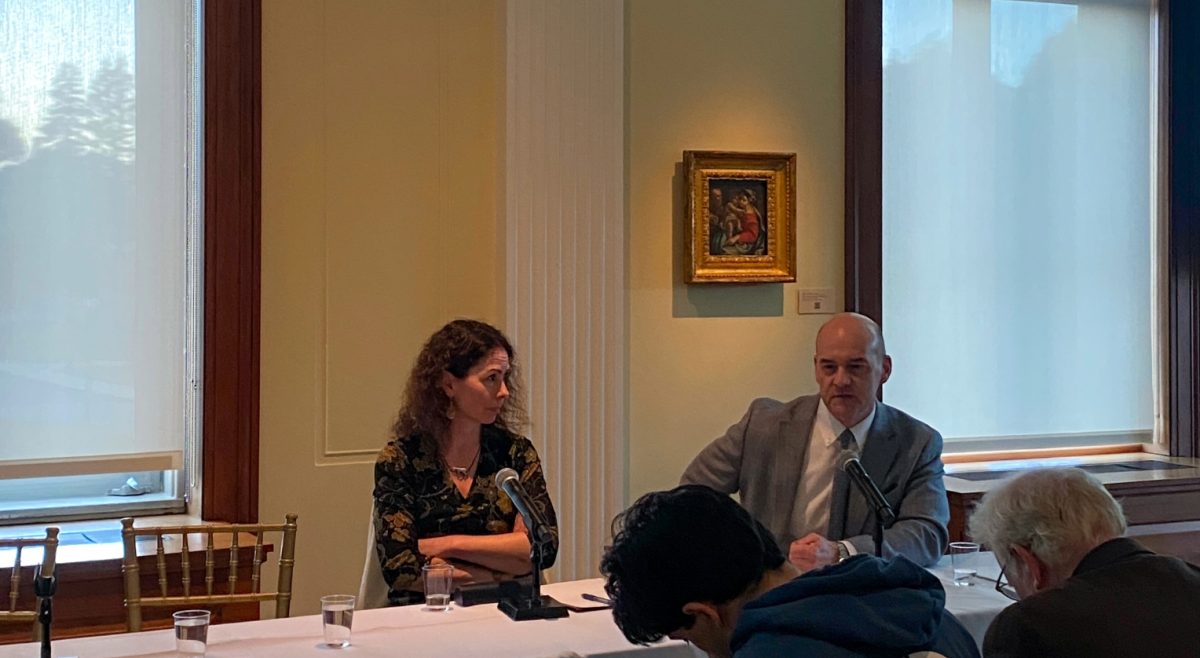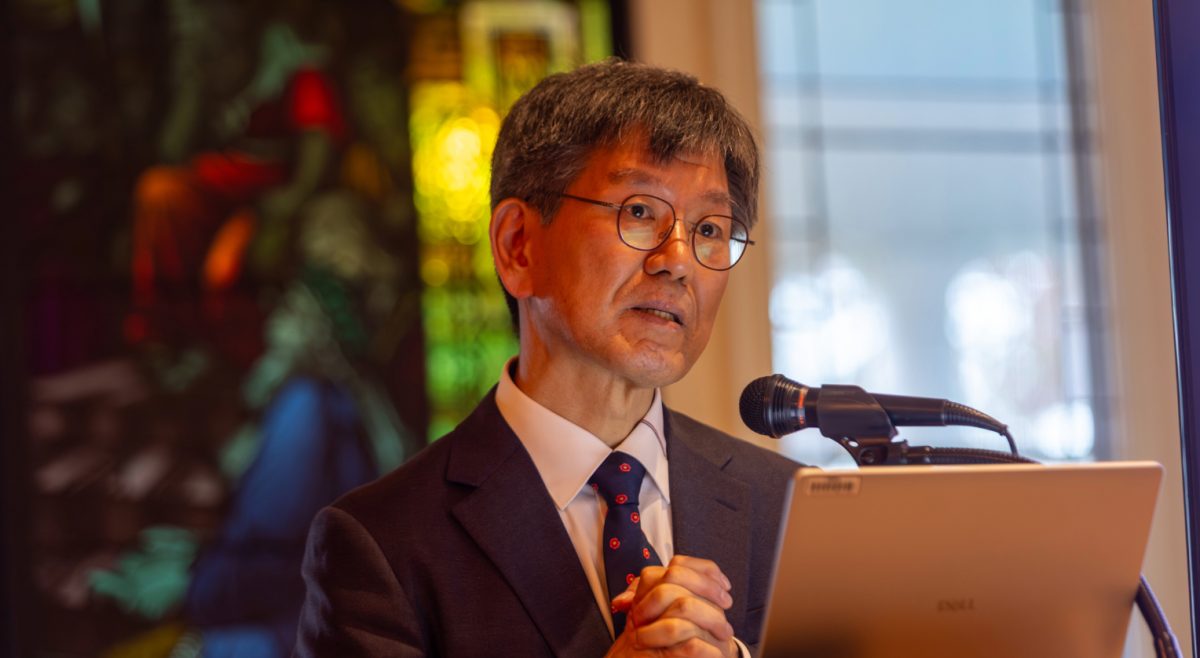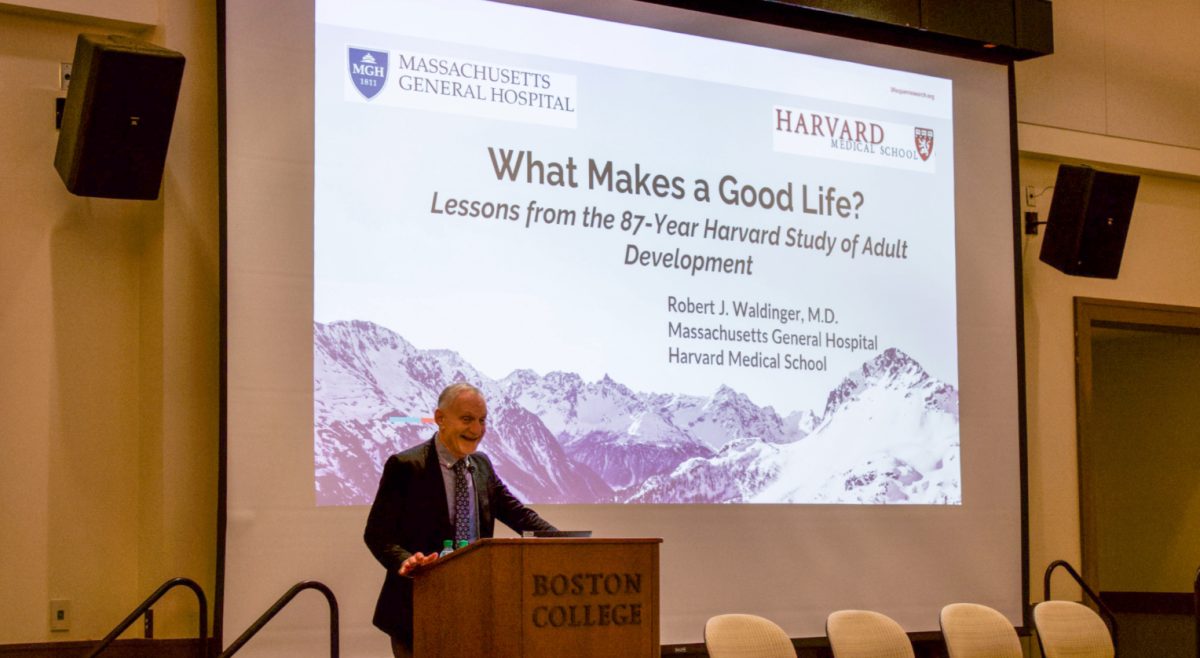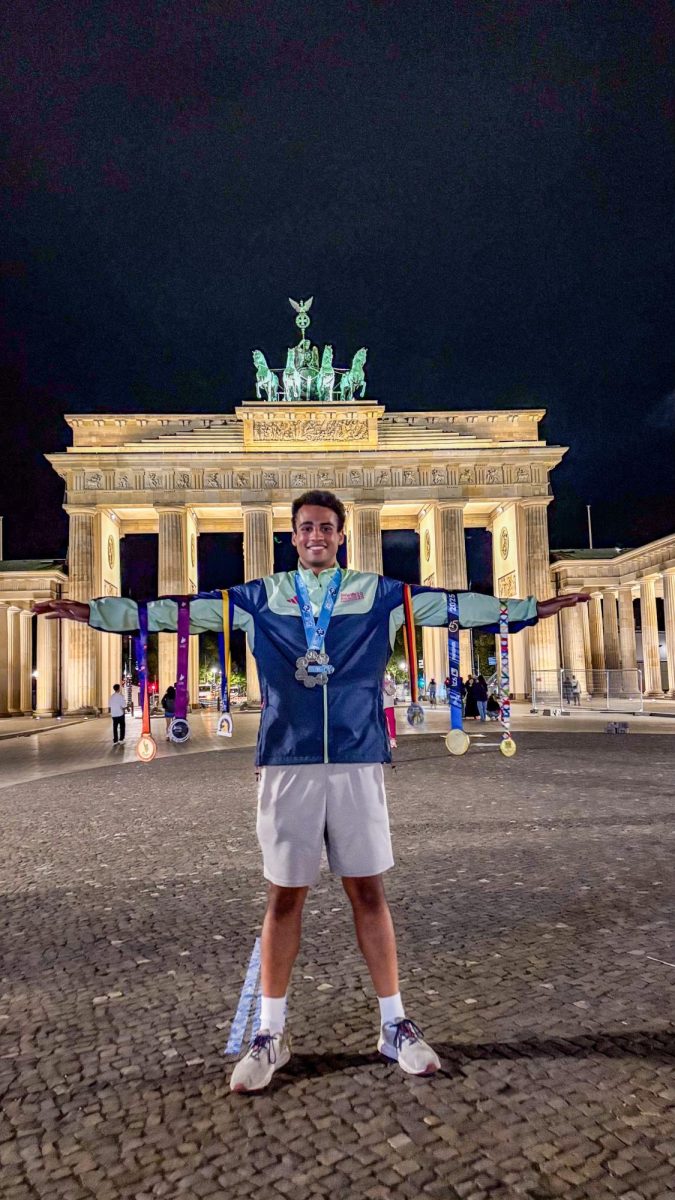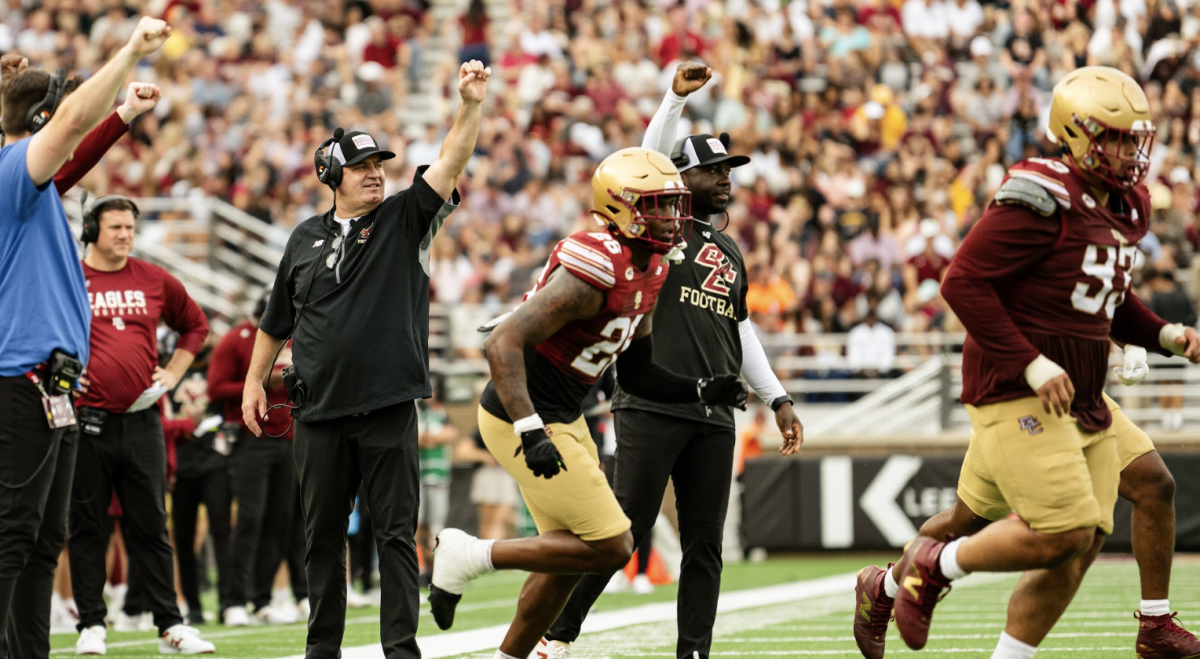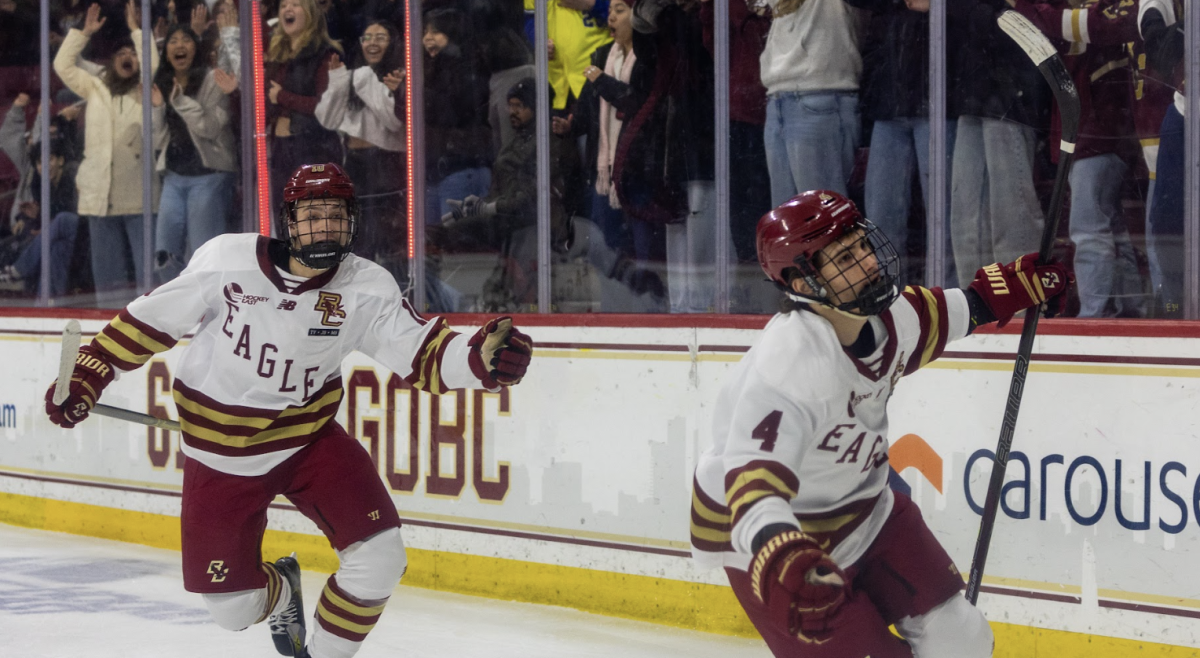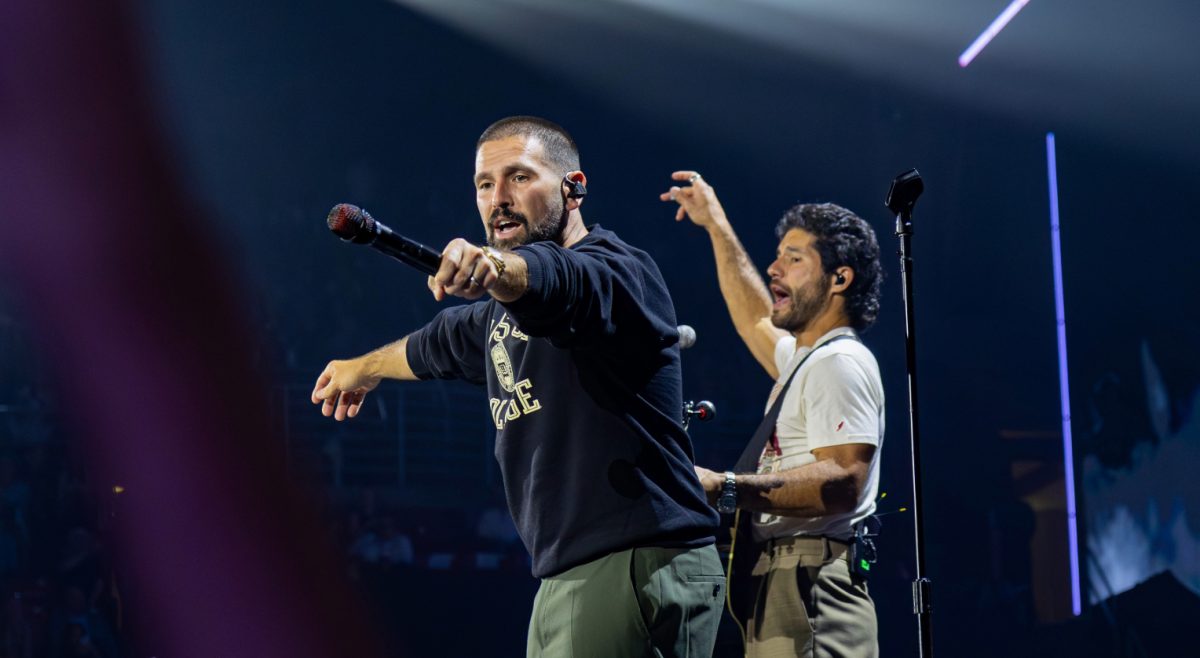The scope of the jury trial taking place next month in the $3 million lawsuit being brought against Boston College will be limited solely to whether or not administrative interference took place, specifically a breach of contract or violated a basic fairness principle. It will not consider whether an alumnus described as “John Doe” in court documents was wrongfully convicted of indecent assault.
That scope is more along the lines of what University attorneys argued to Massachusetts District Court Judge Denise Casper. Doe’s representation posited that potentially-exculpatory evidence in Doe’s case should be brought before the jury. Casper said that only the information that the BC disciplinary hearing board, which originally heard Doe’s case, should be considered by the jury. Additional information, like forensically analyzed video and DNA evidence that was not available to the BC hearing board, will not be admissible in the trial.
Casper has not officially issued a ruling on the matter, but detailed her inclinations at the hearing that took place on March 14 in District Court. An official order will come out this week after she further examines if emotional damages can be sought by the plaintiff, and, if so, how that would affect what other information could be presented to the jury.
In the case’s previous hearing, Casper also clarified her thoughts before issuing an order after further consideration of the matters brought before her. That time, she noted that her inclination was to hold a jury trial, and she shortly thereafter ruled that a jury trial would be held this April.
The primary issue of the March 14 hearing was whether Doe’s request to admit exculpatory evidence was within the parameters of proving that Doe was not afforded a fair disciplinary hearing by BC. The University argued that such evidence would mean that Doe is getting an “on merit” trial on the basis of whether or not he sexually assaulted a fellow BC student on the 2012 AHANA Leadership Council Cruise while reporting on the event for The Heights—which is not among the issues remanded back to district court by the First Circuit Court of Appeals.
Doe argued that the nature of the hearing process and the final decision of the hearing board are inextricable. Casper disagreed, saying that since the appeals court affirmed Casper’s original summary judgement decision in BC’s favor on counts of breach of contract in the 2014 independent review of the hearing, gender bias, Title IX claims, and negligence, only the hearing process can still be considered.
The University did detail its planned argument for the jury. BC will argue that communication between former Program Manager in the Office of Residential Life Catherine-Mary Rivera and former Executive Director for Planning and Staff Development Carole Hughes—who currently serves as a senior associate dean for Student Affairs—was filtered through an assistant, not passed on to the rest of the hearing board, and did not interfere in the final decision in any way.
That communication also indicated that the person Doe believes was the alternate culprit in the assault–known as J.K. in court documents–was “put at ease” because he was being called by the Dean of Students office to serve as a witness in a case, which is generally considered intimidating and could be confusing. Doe is arguing that putting J.K. at ease interfered with the trial, since Doe’s defense was entirely dependent on there being an alternate culprit, and not considering J.K. as an alternate culprit meant that Doe was not being given a fair hearing.
In addition, the University is arguing that when Rivera contacted Hughes about a “no-finding” decision, she was not informing administrators that the hearing board was inclined to render a no-finding decision, but rather was inquiring about whether a no-finding decision could be legally arrived at. Doe is arguing that when former Dean of Students Paul Chebator told Hughes that no-finding decisions were allowed but encouraged the board to come to a decision, he persuaded the board from making such a decision.
Casper mentioned that the jury will be read instructions before the trial explaining exactly what issues are to be decided upon, and that those instructions will adhere to what she deems the final scope will be.
Testimony by Doe’s expert witness, Brett Sokolow—a lawyer who founded the largest education-specific law practice in the country and typically works for and represents colleges and universities—would be severely limited from the original testimony Sokolow submitted on Doe’s behalf, detailed in the briefs Doe’s representatives filed. Sokolow’s previous testimony, which is featured in Doe’s previously filed briefs about the scope of the case, heavily touched upon matters that haven’t been remanded back to District Court—he would be restricted to talking about how the process was interfered with without referencing bias issues, according to Casper.
Featured Image Courtesy of Massachusetts District Court

